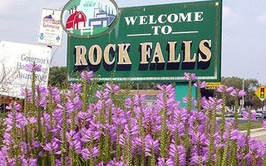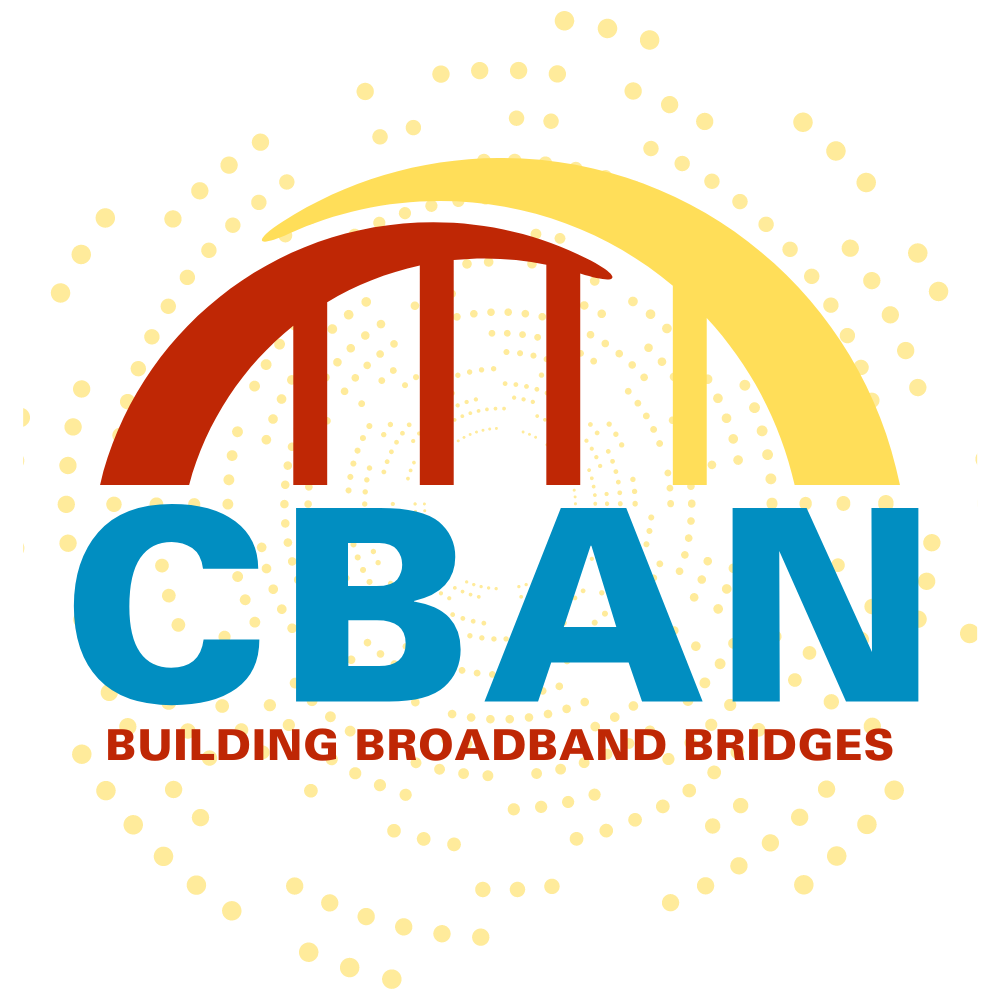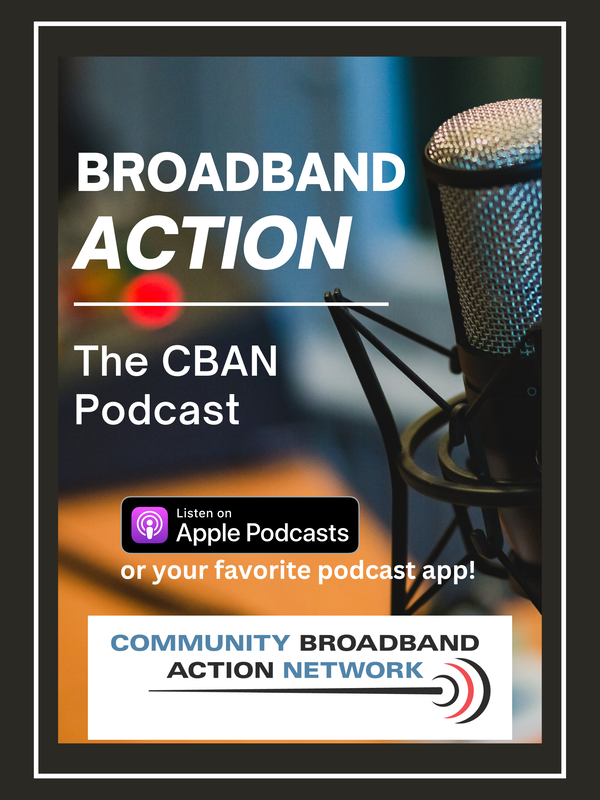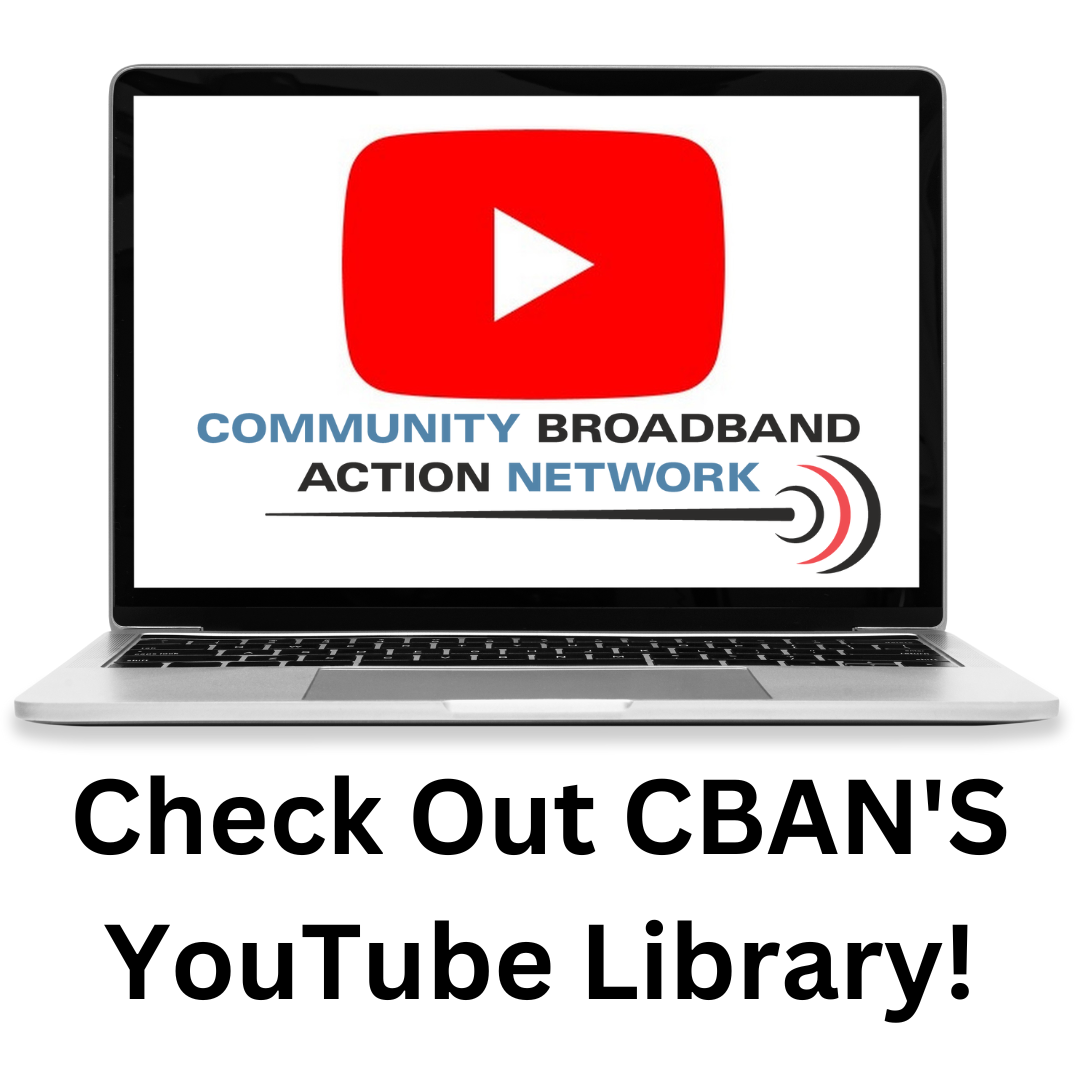 A fiber-to-the-home project in Vinton, Iowa is inching closer to reality. FARR Technologies, the engineering firm that has been working on network design, issued a Notice to Bidders this week as they get ready to qualify companies to submit proposals for the project. FARR will first ask companies to complete a "bidder's qualification" form in order to be considered for receiving bid documents. The preliminary cost estimate for a FTTP network in Vinton is $8.9 million based on FARR Technologies' feasibility study.
1 Comment
By the end of the year, the City of Rock Falls plans to complete the first phase of a multi-phase effort to bring fiber-to-the-home to the Illinois city of 9,266.  The first phase of the project was to build fiber in the city's business corridor and should be wrapped up this month. Already a number of businesses have connected to the network and are enjoying internet speeds of up to a gigabit. Up next, the project will move to residential areas of the city. Adopting a process invented by Google Fiber and replicated in several other cities, the City has divided their time up into "fiberhoods" and will deploy the network in areas as they gain enough service committments to justify the expense.
CLICK HERE to read a story about the project at SaukValley.com. As reported in Ars Technica and elsewhere, a Federal Communications Commission (FCC) panel is proposing the creation of state funds to pay for universal broadband deployment in rural areas. The FCC’s Broadband Deployment Advisory Committee (BDAC) was formed in early 2017 by FCC Chair Ajit Pai, and immediately came under attack as serving primarily the interests of large broadband providers such as AT&T. Despite the criticism, the panel has been meeting and has proposed a “State Model Code for Accelerating Broadband Infrastructure Deployment and Investment” that would, among other things, allow states to implement a tax on subscription-based retail services that require Internet access, such as Netflix, and to advertising-supported services that use the Internet, such as Google and Facebook. The taxes collected would essentially create a state universal service fund similar to the federal Connect America Fund. It's an idea that makes some sense, but the devil will definitely be in the details.
Residents of Charlemont, MA have rejected an offer by Comcast to bring high-speed internet to their town, opting instead to build their own fiber optic network. In true New England fashion, the decision was reached at a town hall meeting in the northwestern Massachusetts town of 1,300. Comcast, the cable giant, had proposed a $460,000 plan to extend broadband to 96% of the towns premises. Comcast's proposal was for an improved hybrid fiber-coax network. With the rejection, Charlemont is likely to move forward with a $1.4 million dollar plan to build a community-owned fiber-to-the-home network instead. That network would be built in conjunction with Westfield Gas and Electric, which is also working with a number of other communities in the western part of the state.
CLICK HERE to read more about the project on the Greenfield Recorder website. There were a couple of interesting articles of late about continued development of 5G wireless service offerings. Light Reading has an interesting article about Starry, a company that is using millimeter wave wireless to serve MDU's in several large cities today, and is announcing plans to launch the service in 20 more markets next year. Particularly interesting is that one of the planned markets is Sioux Falls, SD, the smallest city on the list. Meanwhile, over at Telecompetitor they are writing AT&T's 5G roadmap for 2019. The article teases 19 additional cities where its "kinda" 5G service will be available. The actual cities were not announced.
|
Broadband Bytes NewsPresented by the Community Broadband Action Network and curated by Curtis Dean. Archives
July 2024
Categories
All
|





 RSS Feed
RSS Feed
